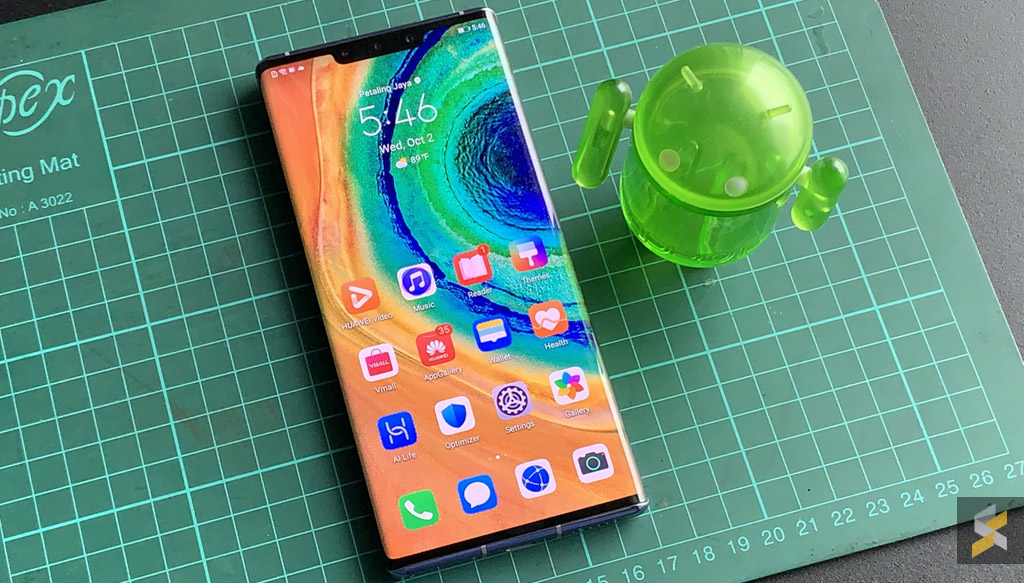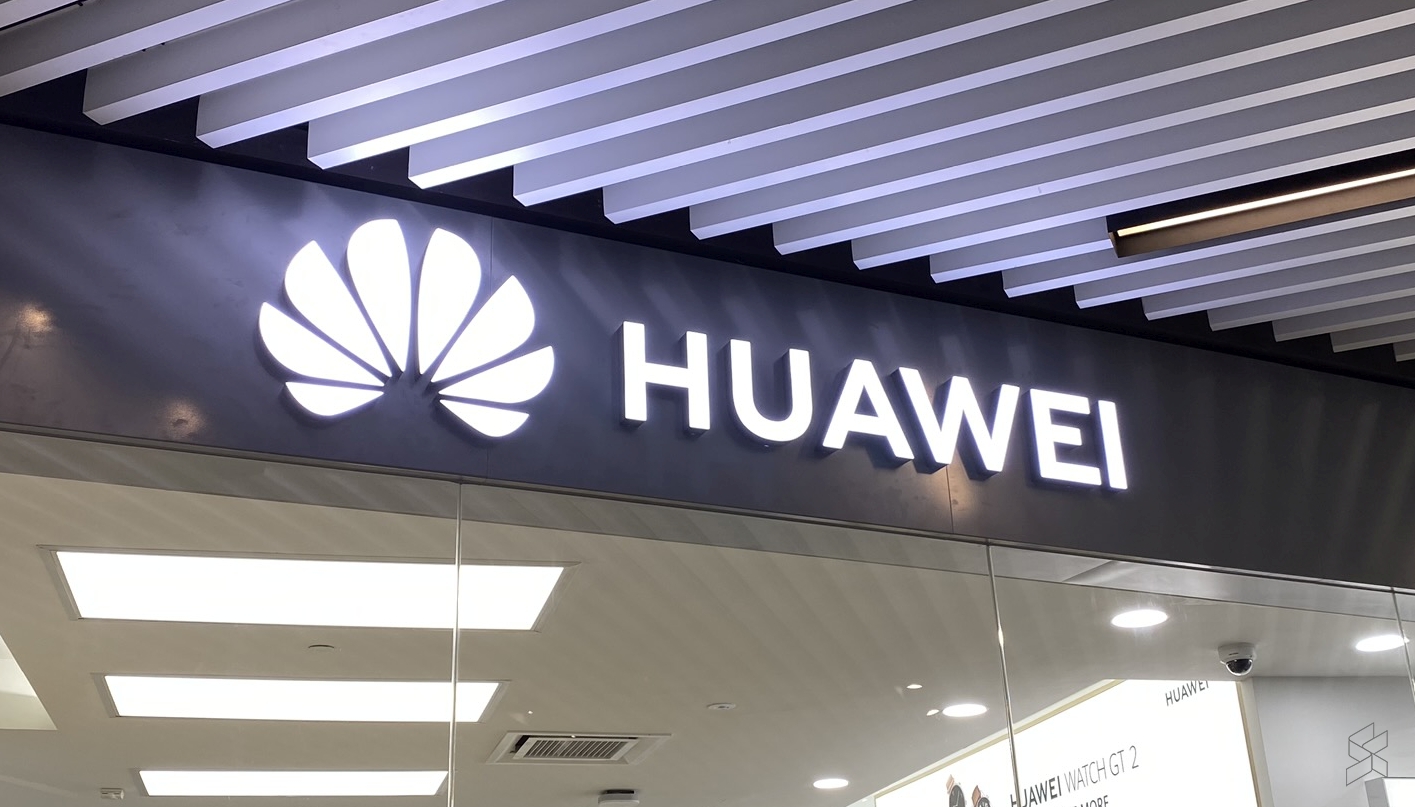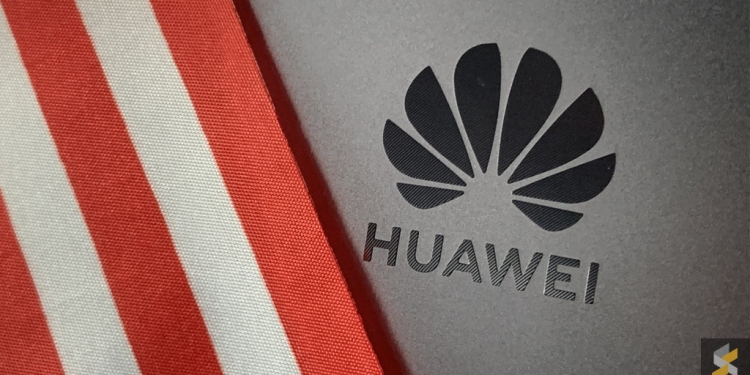Huawei has reportedly shipped more than 240 million smartphones in the global market in 2019, beating their record from 2018 (200 million)—despite their ongoing issues the U.S. government. The blacklisting of the Chinese company by the U.S. Commerce Department has ultimately led to Huawei releasing the Mate 30 series without Google Mobile Services, with Huawei pushing their own Huawei Mobile Services as an alternative.
6.9 million 5G phones were sold, and Huawei also says that their Mate 30 and P30 smartphones recorded 50% increases compared to the previous year. This makes the company the only one amongst the top 5 smartphone makers to have recorded a double-digit growth in sales in Q3 2019.

That said, Huawei is expecting a more difficult year in 2020. The company’s rotating chairman Eric Xu attributed 2019’s success to market momentum, and with Huawei expecting to remain blacklisted on the U.S. blacklist, growth will inevitably slow down.
In the meantime, the company has concrete plans to accelerate adoption of its own services—sans Google. The first step? Bring more developers on board: a reported £20,000 is up for grabs if developers port their apps onto the Huawei AppGallery by the end of January.
The company will also continue to develop HarmonyOS, its own operating system, as part of the 1+8+N strategy. But even as Huawei (and its customers) go through this transitional period, it’s worth noting that the global smartphone market, as a whole, seems to be slowing down.

Sales of smartphone went down 0.4% in Q3 of 2019 compared to 2018, and a lot of Huawei’s sales are boosted by a strong sales performance in China. As of Q3 of 2019, the Chinese company holds a 42% market share.
As it stands, the next stage—the 5G era—is a crucial one for Huawei. Reports suggest that we’ll see 190 million 5G smartphones shipped in 2020 alone, which will amount up to 14% of all smartphone shipments of the year. One of their main rivals, Apple, has yet to release a 5G smartphone yet, although other brands such as Xiaomi and Samsung will be looking to tap into the potential of the 5G market in the very near future.
[ SOURCE ]








